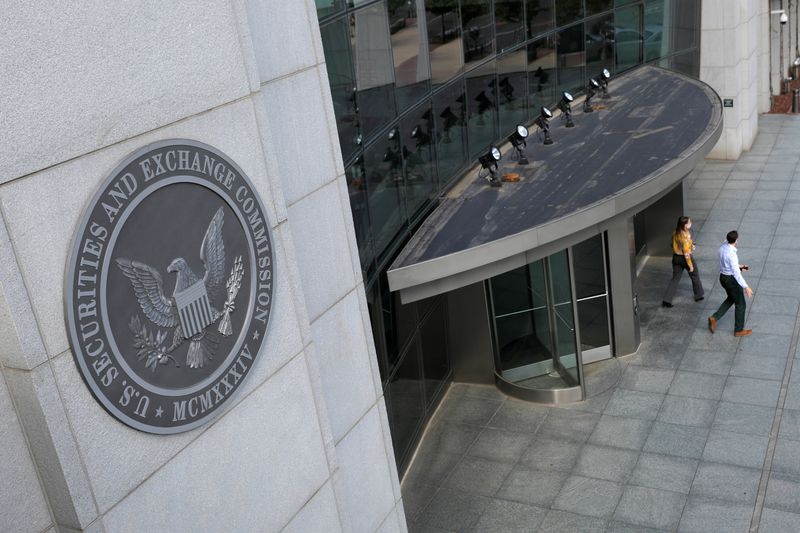By Nate Raymond
BOSTON (Reuters) -An employee of French drugmaker Ipsen has agreed to plead guilty to illegally making more than $262,000 by trading on inside information he learned about his company’s plans to acquire cancer drug developer Epizyme (NASDAQ:EPZM) in 2022.
Dishant Gupta, Ipsen’s director of data strategy and operations, plans to plead guilty to securities fraud and is settling related claims by the U.S. Securities and Exchange Commission, according to filings in Boston federal court on Tuesday.
A plea hearing is set for Oct. 8. Jeffrey Lichtman, a lawyer for the 40-year-old New Jersey resident, in an email said his client was working to resolve the case.
Ipsen said it does not comment on legal matters concerning current or former employees and was focused on compliance with applicable laws.
Prosecutors said that an Ipsen executive during a meeting in Cambridge, Massachusetts, in March 2022 asked Gupta to help him put together materials related to a potential acquisition of a cancer drug and an unidentified drug company’s assets.
Days later, he met with Ipsen executives to discuss possible acquisitions in the oncology market, and by April 7, 2022, Gupta knew the cancer drug and assets Ipsen wanted to acquire belonged to Cambridge-based biotech Epizyme, the maker of the cancer medication Tazverik, prosecutors said.
That day, he began buying Epizyme shares in his wife’s brokerage account, according to charging documents. He bought more in the days that followed as the companies discussed a potential outright acquisition of Epizyme, prosecutors said.
Gupta began conducting frequent internet searches that authorities said showed his awareness of a potential deal, with searches for “Epizyme buyout” and “Epizyme takeover,” according to prosecutors and the SEC.
Ipsen announced its $247 million acquisition of Epizyme on June 27, 2022. Gupta then sold all of his Epizyme shares, netting him a profit of more than $262,000, prosecutors said.

